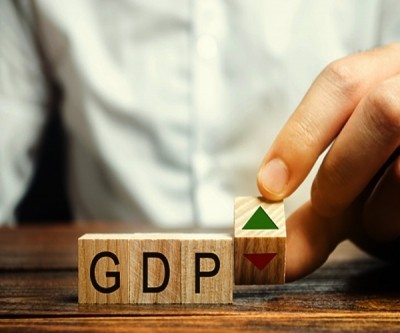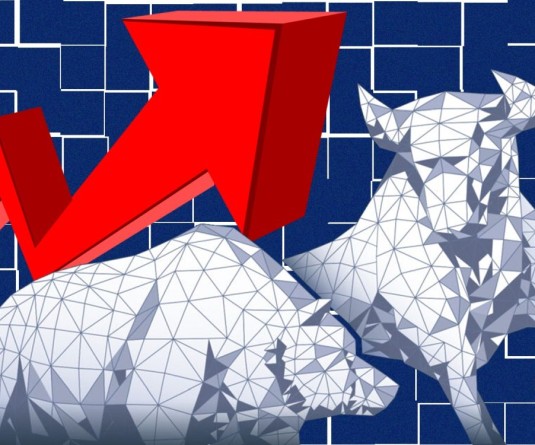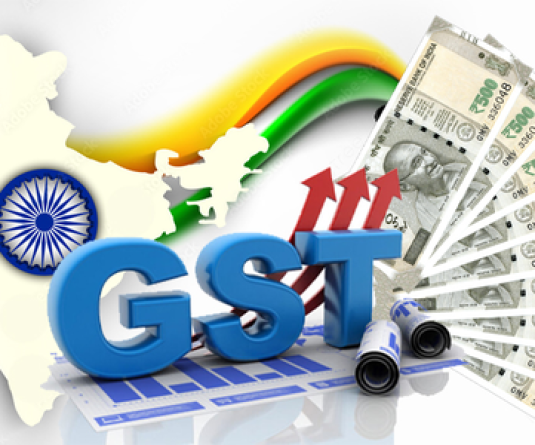IANS Photo

New Delhi, January 29 (IANS): The Indian economy is witnessing a 'V' shaped recovery due to a timely and stringent lockdown, and is expected to grow at over 11 per cent in the next fiscal.
According to the Economic Survey 2020-21, which was presented in the Parliament on Friday by Union Finance Minister Nirmala Sitharaman, in contrast, the current fiscal will sustain the Covid-19 induced economic damage which is estimated to contract the GDP by 7.7 per cent.
The survey document in its debt simulation for worst-case debt analysis assumed a contraction of 7.7 per cent in 2020-21 and a FY22 growth of 11.5 per cent.
Subsequently, the survey, which has been prepared by Finance Ministry's Chief Economic Adviser Krishnamurthy V. Subramanian, credited the the 'V' shaped economic recovery to India's timely and stringent lockdown to curb the spread of the Covid-19 pandemic.
"Evidence from the experience of Spanish flu establishes that cities that intervened with lockdowns earlier and more aggressively experience stronger recovery in the economic front in the long run," the survey said.
"Learning from this experience, India implemented an early and stringent lockdown from late March to May to curb the pace of spread of Covid-19. With the economy brought to a standstill for two complete months, the inevitable effect was a 23.9 per cent contraction in GDP as compared to previous year's quarter," it added.
"Despite the hard hitting economic shock created by the global pandemic, India is witnessing a V shaped recovery with a stable macroeconomic situation aided by a stable currency, comfortable current account, burgeoning forex reserves, and encouraging signs in the manufacturing sector output," the document said.
"India is reaping the 'lockdown dividend' from the brave, preventive measures adopted at the onset of the pandemic, which were based on the humane principle advocated eloquently in the Mahabharata," it added.
As per the survey, the policy maturity and the alacrity displayed to not "waste a crisis" has helped the country to save both 'lives' and 'livelihoods' in its own unique way and has shifted the focus away from the short-term pain created by the crisis to the potential for long-term gains engendered by the policy response.
On the other economic vitals, the primary deficit for FY21 is assumed to be 6.8 per cent of GDP, while the primary deficit for FY22 is assumed to be 2.5 per cent of GDP.
"The declining trajectory of primary deficit is assumed to reach 1.5 per cent of GDP by FY24, and it is assumed to stay at 1.5 per cent thereafter," it added.
Furthermore, the survey cited that nominal interest rate to be at 6 per cent.
"As on January 26, 2021, we estimate the weighted average cost of borrowing using the weights of general government borrowing across maturities to be 6 per cent. Inflation is taken as 5 per cent, i.e. mid-point of the range of 4 per cent to 6 per cent," it said.






